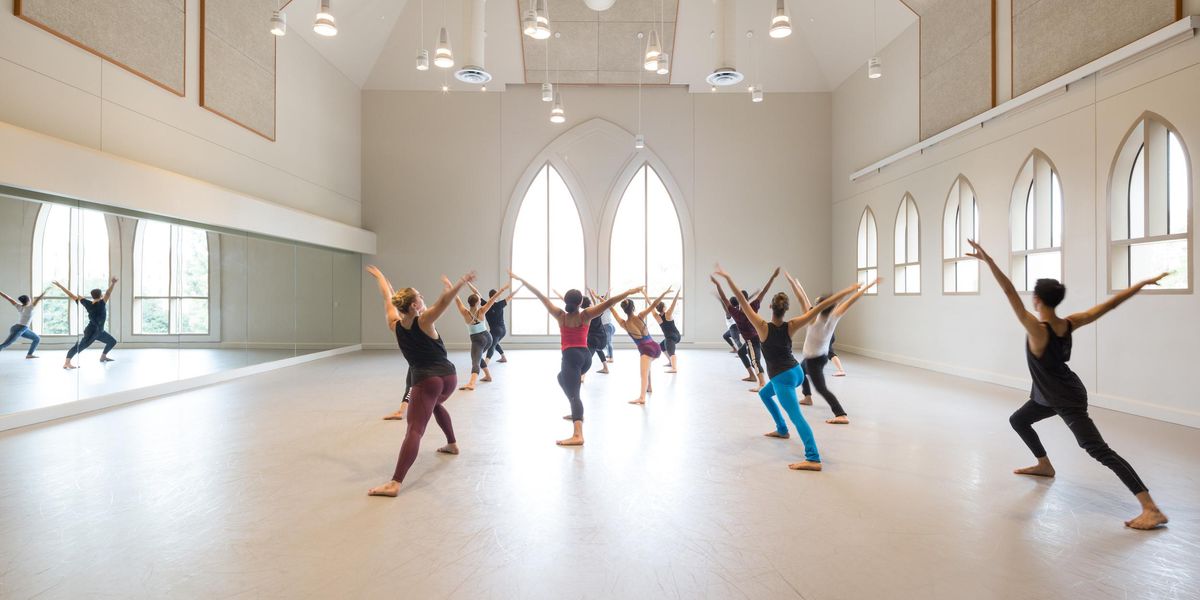Advice for Dancers: Going Nowhere Fast
What to do if you’re in a dead-end dance job, plus tips for juggling finances as a freelancer
I’m a fifth-year corps dancer who is lucky if I get to be an understudy in the fourth cast of a corps role. I know I’ve improved with lots of hard work, and I have fans in the audience and visiting choreographers who want to use me. Yet when I’ve tried to ask my director what I can do to keep growing artistically, he gives me vague answers about why I’m being ignored. I wonder if it’s time to leave.
—Lost in the Corps, Queens, NY
While each dancer develops at a different rate, five years in the corps should be sufficient time to know if your career is going somewhere. My guess is that an issue other than your talent could be at the heart of your dilemma, since it would be easy enough for the company to not renew your contract if your dancing stood in the way of casting. For example, I know that some companies have sponsors who pay for a dancer’s annual salary, thereby all-but-ensuring that this performer will be cast ahead of those without sponsors. Other obstacles could come from your director favoring newer dancers, operating under the belief that younger is better, or simply not knowing how to use you. Regardless, you get an A+ for working hard and asking for guidance.
I would never advise leaving a company before you have another job lined up. However, it would be in your best interest to consider other options. Although most auditions are over by February, you can find a list of current openings for dancers in “The 2016 Jobs Guide,” on page 55. You may also want to look into small touring groups. They can offer opportunities to perform better roles during breaks until the next audition season rolls around.
As a former bulimic, I know too well the pitfalls of eating disorders. Fortunately, I overcame my problem with the help of a psychologist. I’ve slowly started teaching ballet, while still performing, and have had parents ask me to speak to aspiring dancers who exhibit signs of disordered eating. I want to help but don’t know what to say. Any advice?
—Former Bulimic, Santa Monica, CA
Obviously, you need to tread carefully with vulnerable dancers who may be highly critical of their bodies. Most people who develop eating disorders suffer from low self-esteem and often feel hopeless. As a professional dancer and teacher, your job as a role model is to provide hope, while directing dancers with eating problems to specialists. Giving feedback can be extremely useful as long as it’s done in private. You can share what you’ve noticed regarding their eating and how it may have impacted their dancing. Of course, it’s important to work within your school’s regulations. However, as a rule of thumb, I recommend that before resuming class, any dancer with a problem—whether they’re a professional or a student— get a complete physical exam with a doctor’s note that he/she is healthy enough to dance, be in weekly treatment and, if anorexic, meet a weight gain goal as prescribed by a specialist who understands dance’s physical requirements. Check out my book Advice for Dancers for information about how to determine a healthy weight and The Renfrew Center for an inpatient/outpatient program or therapist nearby (renfrewcenter.com).
Is sleep or money more important for a freelance dancer? I’m currently tending bar, often doing double shifts that pay more but end at 5 am or later. I don’t need the money to survive but have trouble saying “no” to cash. What do you think?
—Carly, Hoboken, NJ
As long as you’re covering your basic financial needs, sleep should always take precedence for dancers. Research shows that sleep deprivation slows down your motor responses similar to the effects of drinking alcohol. This means you may be more likely to get an acute injury like a sprained ankle. Lack of sleep also affects your appetite hormones. Getting as little as six hours can give you a major case of the munchies, which can lead to weight gain over time. And it goes without saying that your mood tends to plummet when you’re tired. The bottom line: While dancers often have trouble refusing extra shifts because it goes against their strict work ethic, it’s important to prioritize. Your body comes first!




